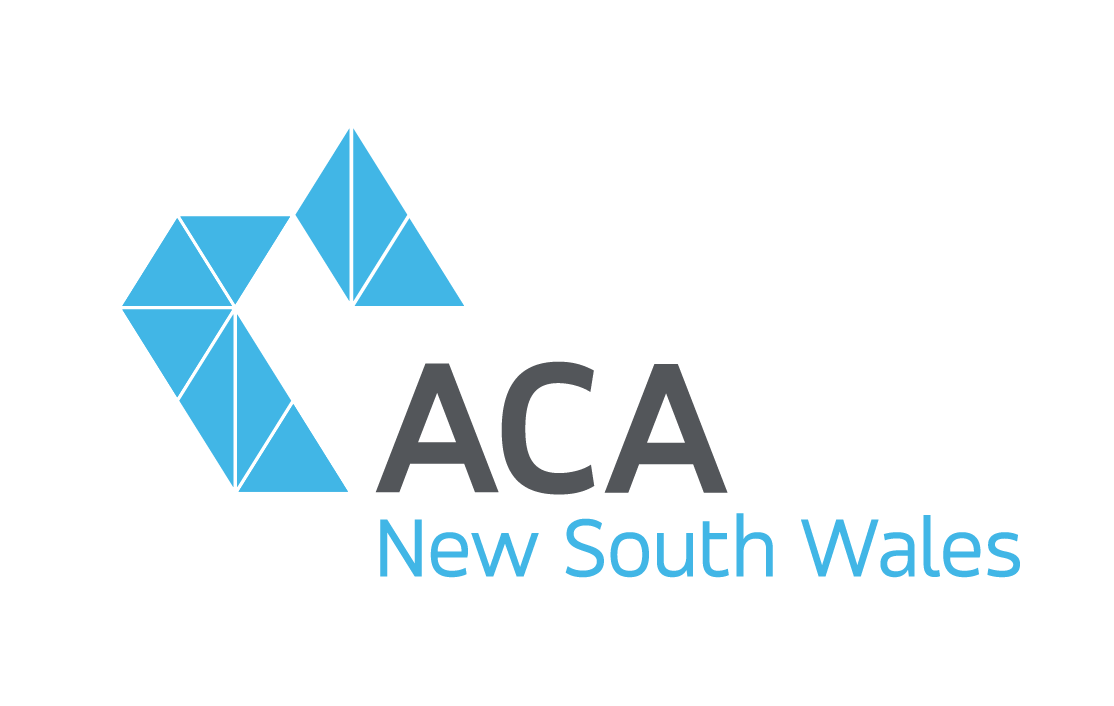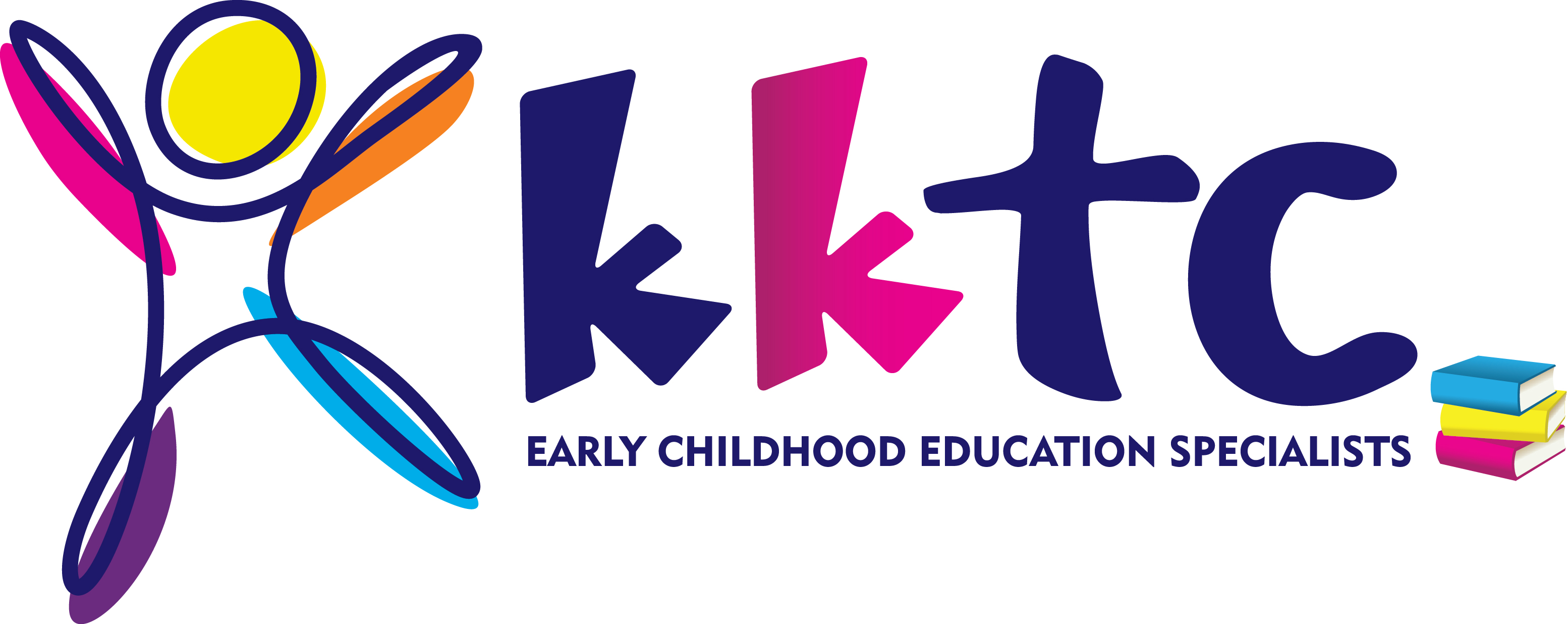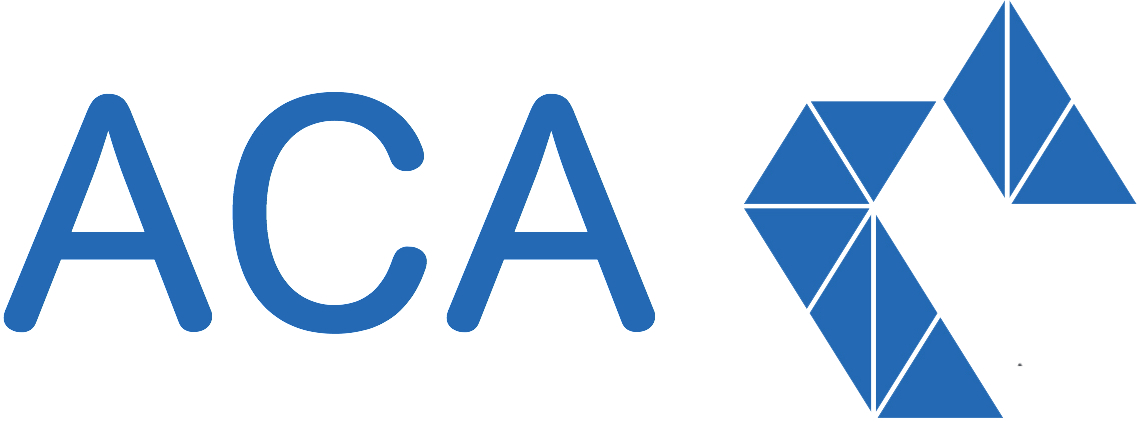
Q1: What are the symptoms to look for?
A1: Essentially, you are looking for flu-like symptoms (including fever, cough, shortness of breath).
Q2: Do you report incidences of suspected infections?
A2: Yes. Contact your local Public Health Unit on 1300 066 055 and the NSW Department of Education as the NSW Regulatory Authority (see website) or on 1800 619 113.
Q3: Which countries should I be paying more attention to?
A3: At the moment, temporary travel bans are in effect for China, Iran, South Korea and Italy. The Australian Government has classified these countries as the higher-risk countries, while the rest of the world's other countries have been designated as moderate-risk.
Q4: What degree of separation of people associated with my service should I be focussed on?
A4: For your enrolled children, it would be their parents, siblings, grandparents and those you know or suspect they are most in physical contact with. For your staff, it would be their partner(s), children, parents, siblings, grandparents and anyone else you know or suspect they are most in physical contact with.
Q5: Which policy should my service be relying on?
A5: Your Infectious Diseases Policy as required by Regulation 168(c). Members can download the December 2020 version of the ACA NSW template for Infectious Diseases Policy via here.
Q6: Is a dedicated Novel Coronavirus policy needed?
A6: Presently, there does not appear to be any need for a specific policy for Novel Coronavirus. This is primarily because the current responses to address the Novel Coronavirus is already outlined in the ACA NSW template for Infectious Diseases Policy. Moreover, the Novel Coronavirus is too new for any specific requirements of services to be outlined.
Q7: Will the Federal Government provide Child Care Subsidies despite absences?
A7: As services would know, Child Care Subsidy is payable for up to 42 absence days for a child in a financial year for sessions of care a child is enrolled in and did not attend, but only for sessions of care where an individual still incurs a genuine fee liability to pay for the care. A reason does not need to be provided for a child's initial 42 days of absence. (See page 59 of the Child Care Provider Handbook (Version 2, June 2019) Once those 42 absence days have occurred in a financial year, Child Care Subsidy can only be paid for any additional absences if the service has been given a medical certificate by a medical practitioner.
Q8: What if parents refuse to pay their fees?
A8: Please check your Complying Written Agreement regarding the use of the bond and/or any other contractual agreements that your service and your parents have made together.
Q9: What are my employee obligations? Do staff need to be paid while in isolation?
A9: Where you have directed your staff (full-time or part-time employee(s)) not to work, your staff would ordinarily be entitled to be paid while subject to the direction. You should consider your obligations under any applicable enterprise agreement, award, employees’ contracts of employment, and workplace policies. And if your staff has been found to be ill during isolation, then paid and unpaid sick leave can be applied. (See the Fair Work Ombudsman's Coronavirus and Australian workplace laws webpage.) The Fair Work Ombudsman's factsheet on employment conditions during natural disasters and emergencies may also be relevant.
Q10: What are the current Australian and global statistics of infections and deaths?
A10: See the World Health Organization's website.
Q11: How does the Novel Coronavirus compare with current and past pandemics?
A11: The common flu has between 3m-5m severe cases per year, and between 290,000 to 650,000 deaths per year. HIV/AIDS had 1.7m new people infected in 2018, with 770,000 deaths in 2018. With Ebola (2013-2016), there were 28,616 infected and 11,310 deaths. With SARS, there were over 8,000 infected, and 774 deaths.
Q12: Can masks be effective?
A12: Surgical masks are generally not helpful with the prevention of the Novel Coronavirus due to the mask's primary function of not transmitting illness from the wearer. N95 respirator masks may be more suitable because it filters 95% of air-intake. That said, N95-type masks can also make it difficult for wearers to breathe and make breathing worse. Also, N95-type masks can be defeated if not worn properly. And N95-type masks are designed only to be worn for short periods. The best protection remains isolation and seeking medical assistance.
Q13: How likely would the Federal or NSW Government force closures of early childhood education and care services?
A13: One of the most unusual observations of the Novel Coronavirus is that no children aged 0-9 years old have died as a result of infection to date. And given ECEC services are some of the cleanest and most hygienic environments, and that services are properly implementing their Infectious Diseases Policy, it is extremely unlikely that governments will force closures on ECEC services.
Q14: Does my business insurance cover business interruption resulting from the Novel Coronavirus?
A14: As best as we can determine, there does not appear to be any business insurances that cover any operations of business interruptions as a result of pandemics including the Novel Coronavirus. As such, this is a shared risk and shared social responsibility.
Q15: Can the Federal/NSW Government assist in terms of business continuity subsidies?
A15: At the time of writing, there are suggestions that the Federal Government is considering an economic stimulus package to address the consequences of the Novel Coronavirus.
Q16: What should I tell families?
A16: Some of your families may express their concern about their child’s health and safety in your service. We recommend that you take a proactive approach and send your families a notice to reassure them about the health status at your centre (ie. whether there have been any suspected cases or exclusions) and also let them know that you are following the advice of the Federal and State Governments. You can also refer your families to the Australian Government information for families and for early learning services. Please note that this advice may change at any stage, so please continue to check for the latest updates.
Q17: Who should I talk to if excluding children?
A17: If you are in the position of excluding children who have been in attendance at your early learning service and subsequently excluded as a result of following the government health advice, we suggest you contact the NSW Department of Health or call 1300 066 055. We suggest you also contact the NSW Department of Education's Early Childhood Education and Care Directorate (1800 619 113 or ececd@det.nsw.edu.au) or notify via NQAITS. You should also contact Guild Insurance or your business insurer to talk about your policy and what are and are not included in your cover. ACA NSW members can also contact ACA NSW on 1300 556 330 or nsw@childcarealliance.org.au too. If you are forced to close your service you should also contact the CCS help desk (ccshelpdesk@education.gov.au or 1300 667 276) to advise them.
Q18: Should I be charging parents if their child is excluded or that they choose to stay at home?
A18: This is a decision to be made by each individual centre. ACA NSW members may get more information from the "Coronavirus - Everything you need to know webinar".
Q19: What if a child is excluded and hasn't actually started their first formal day of care?
A19: The CCS does not apply until the child physically start attending the centre. It is up to the service provider whether they will charge the family full fees during this time. We appreciate the awkwardness of this situation - whilst legislation has been passed which will eventually allow some absences prior to commencement to have CCS applied, these changes have not yet come into effect. This also applies for their final day of attendance (eg. if they attended the centre prior to school starting) and is covered under ‘cessation of care’ – ie. CCS is only paid until the final day of attendance.
Q20: Does this apply for Out-of-School-Hours-Care (OSHC)?
A20: All of these issues need to be considered in the OSHC environment – and we encourage centres to speak with their local schools regarding exclusions.
Q21: Availability and use of personal (sick/carer's) leave?
A21: If an employee informs you that they have contracted the Coronavirus or need to care for a member of their immediate family or household who has contracted Coronavirus, then they will be entitled to take personal leave under the National Employment Standards (NES). However, personal (sick/carer's) leave is not available where an employee has come into contact with a person who has Coronavirus or where an employee returns from travel to a higher-risk area as outlined above, but is not yet sick themselves. This is because, to qualify for personal leave, an employee must be “not fit for work” because of an illness or injury affecting them. It is unlikely that this pre-requisite will be met by persons who are not yet diagnosed as ill but merely require isolation.
Q22: How should an employer pay employees who are isolated, but not diagnosed with the Novel Coronavirus?
A22: Given the likely inability to provide personal leave in cases where employees require isolation but have not been positively diagnosed, in most cases, employers should look to utilise practical solutions to address the employee’s absence. By way of example: In some cases, employers could permit the employee to work from home. This ensures a level of productivity is retained and will allow the employee to continue to be paid wages during the isolation period; or where working from home is unavailable, employers may wish to provide discretionary paid leave to employees so that they do not suffer from a loss of pay during the isolation period. As an employer, it is worthwhile considering whether discretionary options such as those above can be accommodated. Employers will need to balance the short-term cost associated with these measures against the longer-term benefits that may arise.
Q23: What about casual employees?
A23: Casual employees are not entitled to sick leave. This means that a casual employee who is diagnosed with Coronavirus may be required to refrain from presenting to work without additional payments. Furthermore, where shifts to casual employees are reduced either on account of a business downturn or because the employee has been required to isolate (due to contact or recent travel), the employees will not be entitled to payment during this period.
Q24: Can I use the "stand down" provisions (s524) of the Fair Work Act if my service is instructed to temporarily close?
A24: Please refer to ACA NSW's article on this issue.
Q25: What government funding is there to pay for my staff if my service is instructed to temporarily close?
A25: At the time of writing, the only government funding available under such a circumstance would be the Commonwealth's Community Child Care Fund under its Special Circumstances Grant Opportunity Guidelines.
PUBLISHED: 4 MARCH 2020
LAST UPDATED: 13 MARCH 2020







